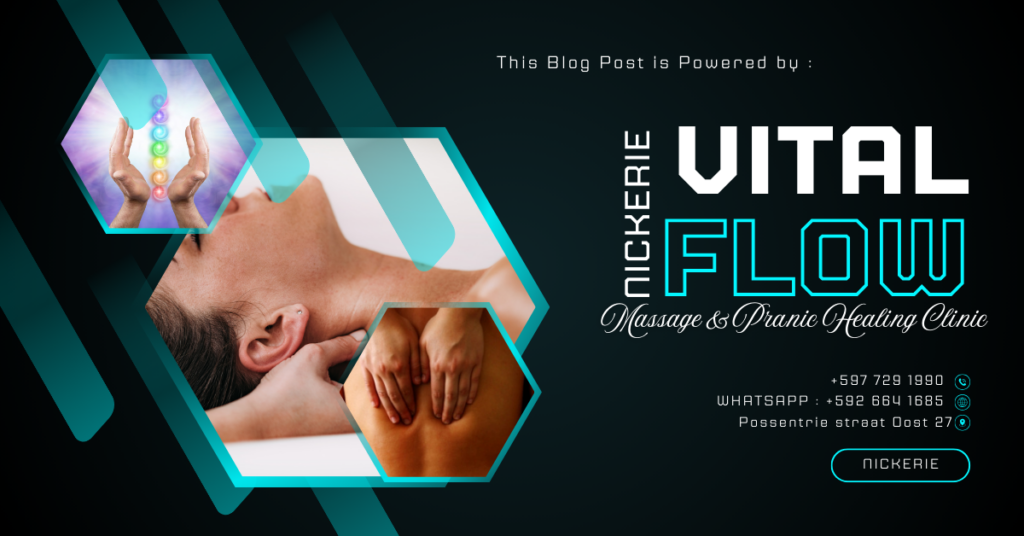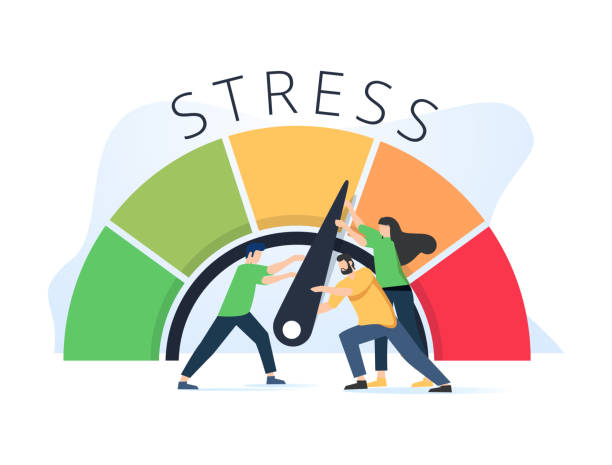Goals have the power to spark real change, turning your dreams into something you can actually achieve. They give your actions purpose, keeping you focused and fired up to move forward. When you set clear, meaningful goals, you’re not just aiming for a destination—you’re building momentum and creating the life you’ve always wanted.


Setting Goals That Transform Your Life Journey
SMART methodology rewires your brain’s pathways, creating real changes in tackling challenges. Your mind’s reticular activating system kicks into high gear, pointing you toward golden opportunities that match your dreams. “Setting goals is the first step in turning the invisible into the visible,” as Tony Robbins reminds us, showing how crystal-clear targets light up your brain’s natural goal-seeking superpowers.
Your brain reshapes itself when you set goals, thanks to neuroplasticity and boosted brain power. Businesses using SMART goals nail their projects 25% more often, while go-getters who pin down specific targets are 42% more likely to hit their mark.
Making Your Goals Specific Through Clear Direction
Put those goals down on paper with all the juicy details – skip the vague “get fit” and go for “crush a 5K in under 30 minutes by June 1st.” Map out your journey with bite-sized weekly wins, like knocking out three 20-minute runs every week, and list every single tool you’ll need along the way. Your brain works best when you punch in exact coordinates.
Team up with a buddy who’s chasing similar dreams and catch up regularly to share wins and bumps in the road. Whip up a SMART goals worksheet that spells out your targets, how you’ll measure success, action steps, why it matters, and when you’ll cross that finish line. Jump on board with apps like ClickUp or Strides to turn big dreams into daily doable tasks. Check-in with your goal buddy weekly to fine-tune your game plan based on real results.
Measuring Progress Through Achievable Milestones

Lock in those progress markers with rock-solid numbers – if you’re building your nest egg, track exact figures like “$1,000 monthly for six months.” Jazz up your tracking with colorful habit charts or milestone markers that keep your motivation high.
Today’s tracking apps come packed with features – from reminders to progress charts and all-in-one dashboards that make checking your progress simple. Block out time each week to see how far you’ve come and tweak what’s not clicking. Will Durant nailed it: “We are what we repeatedly do. Excellence, then, is not an act, but a habit,” showing how keeping tabs on progress builds winning patterns.
Keep those progress checks rolling to spot what’s working and what needs a remix – update your targets based on hard data and honest feedback from your accountability buddy. When you knock out those milestones, your brain serves up dopamine, making you ready for more wins.
Realistic Goal Setting for Maximum Impact
You’ll achieve more by matching your dreams with what’s within reach right now. Setting goals that stretch your abilities while staying achievable builds confidence and maintains momentum. Your success rate doubles when you create plans that challenge you without setting up impossible targets.
How can you tackle those big dreams? Start by breaking them into smaller chunks that feel less overwhelming. Map out your major milestones for each quarter, then reward yourself when you hit those targets. Regular three-month check-ins help you adjust your approach and track your wins.
Time-Bound Planning for Consistent Progress
What makes a timeline work? Lock in those start and end dates for each goal. A clear schedule creates a path against which you can measure your progress.
Smart deadlines motivate without adding pressure. Choose dates that allow time for quality work, include buffer time for unexpected challenges, and set regular checkpoints to monitor progress. Breaking your timeline into weekly and monthly targets keeps everything on track.
Time limits sharpen your focus and boost productivity. When you work with deadlines, your brain allocates time more efficiently, helping you avoid procrastination and maintain steady progress.
Professional Growth Through SMART Objectives
SMART goals power up your career growth by forcing specificity into your plans. Rather than saying “get promoted,” you’ll target “completing three leadership courses and leading two team projects by July.” Your goals should link directly to skills needed for your target position.
A mentor relationship combined with consistent progress tracking transforms your professional journey. Document your achievements and learning moments, meet with your mentor regularly to discuss progress, and fine-tune your approach based on their insights.
“The real value of setting and achieving goals lies not in the rewards you receive but in the person you become as a result of reaching your goals.” – Robin Sharma
Personal Development Using SMART Framework
SMART goals turn life changes into lasting habits. Choose specific behaviors to modify and create concrete ways to measure your success.
Want to build lasting change? Focus on small, steady steps that compound over time. Begin with tiny adjustments you can maintain for at least thirty days, track your daily progress, and celebrate when you reach your milestones. Making goals part of your daily routine helps them become automatic behaviors.
Tracking progress fuels your motivation. Keep a simple journal or use an app to record improvements, and take time to celebrate when you reach your targets.
Conclusion
Setting goals that genuinely change your life means getting clear on what you want and creating a plan that keeps you motivated. SMART goals make it easier to track your progress, stay focused, and celebrate every win along the way. Committing to goals that excite and challenge you transforms not just what you achieve but who you become.













